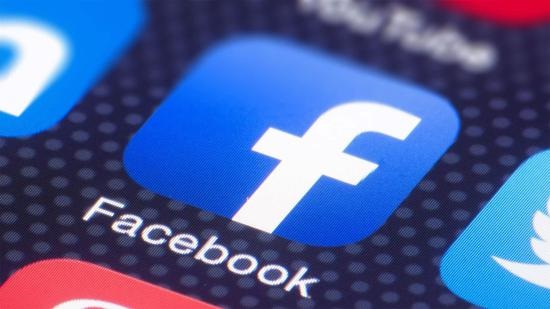Global Brands Boycott Facebook; Advertisers Reshape Digital Platform Accountability
This month, a "Stop Hate For Profit" campaign initiated by civil rights groups escalated into a massive global brand boycott of Facebook and its platforms. Hundreds of companies, including Unilever and Coca-Cola, halted advertising on Facebook, protesting its failure to effectively curb hate speech and misinformation.
BUSINESSES RESHAPING OUR WORLD
Global N Press
6/30/20201 min read


LONDON, UK – This month, a "Stop Hate For Profit" campaign initiated by civil rights groups escalated into a massive global brand boycott of Facebook and its platforms. Hundreds of companies, including Unilever and Coca-Cola, halted advertising on Facebook, protesting its failure to effectively curb hate speech and misinformation. This action marked the first large-scale use of economic leverage by advertisers to compel social media giants to assume stricter social responsibility, reshaping the ethical and power boundaries of digital platforms.
The core demand of the boycott was that Facebook must adopt stronger measures to review and remove harmful content, particularly concerning racial discrimination and political misinformation. Organizers noted Facebook's slow and inactive approach to content moderation. A participating brand executive stated, "Our ad budget should not fund a platform that fails to protect its users and combat hate speech."
This event shifted the power dynamics between advertisers and digital platforms, proving that when brands collectively voice concerns and cut funding, even tech giants cannot ignore their demands. Industry observers believe this will serve as a warning to all digital content platforms, prompting them to strengthen content governance and maintain a healthy online environment.
This brand boycott is not just a crisis for Facebook but a profound global discussion on digital ethics and platform accountability, signaling that corporate economic influence will closely align with moral responsibility to drive the maturation of digital world governance.




